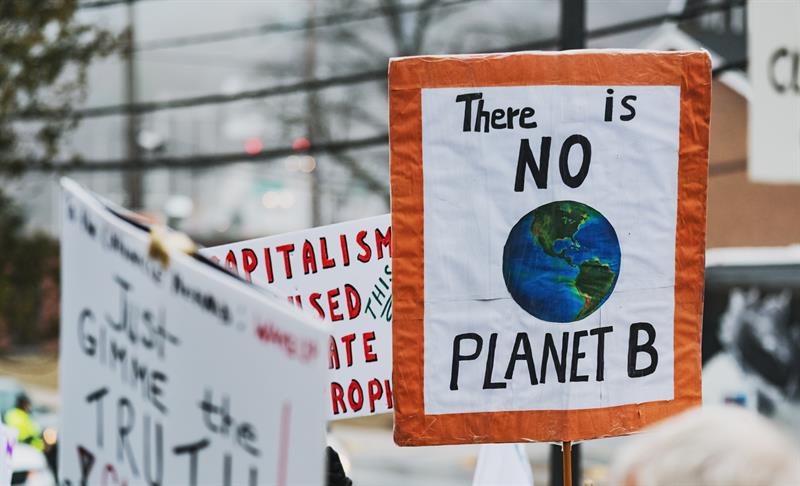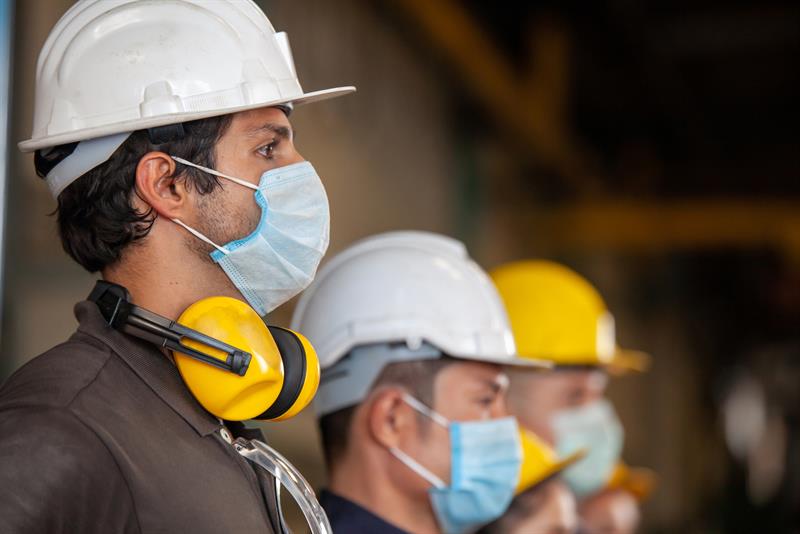Handling the knock-on effects of the pandemic has been at the forefront of our attention since the beginning of the year. But while heads have been turned, our global risk index shows trends have increased twice as much since January 2020 as in the entire four-year period before the crisis. Indicators show that 163 countries are already facing a sharply deteriorating political, security, criminal or governance situation as a result of the Covid-19 pandemic, a 67% increase on the end of 2019.
History dictates that it is not the first crisis that ruins an organisation, but the perfect storm of events that close its doors. Even as we focus on re-opening, the question needs to be – “what next”? Here is what you need to know, now, to start making your production more resilient.

Global context: The global crisis surrounding the pandemic is being exacerbated by environmental events such as the Atlantic hurricane season, cyclones in the Indian Ocean, and locust plagues in East Africa. Socio-economic problems are also exacerbated by the measures taken to combat the virus, despite unprecedented efforts to shore up economies. Ultimately, the acceleration of pre-existing trends is turning the world into a far more volatile, complex and ambiguous place in which to do business. The full impact is yet to be felt, and inevitable further shocks will challenge organisations already struggling to deal with the immediate crisis.
Deglobalisation & nation-first politics: Brexit and the approach of the Trump administration, are obvious manifestations of a more general trend towards protectionism, nationalism, and polarisation. Combined with restricted travel and a rise in the use of virtual communications during Covid lockdowns, business behaviour will become far more centred around the home countries of operation. Governments will increasingly seek to look after their own countries first, not least to off-set growing mountains of debt, while consumers bound to the confines of their country will be looking to buy closer to home.

Domestic unrest: 114 countries are facing increased risk of turmoil. This is driven by factors as varied as falling food and water supplies, policy instability, a rise in organised crime, socio-economic failures amidst a global recession (or worse), and a loss of government stability. Political instability is markedly increasing in countries with food supply issues, or heavily affected by a reduction in demand for tourism or production. Societal tensions and nationalism will further undermine cohesion in democracies already weakened by the economic and health costs of the crisis. Protests will revive, driven by perceptions of inequality, while the environmental movement is also poised to gain further ground.
Great power and regional tensions: The last decade was marked by a steady increase in regional tensions, dominated by the growing US-China standoff - affecting supply chains ahead of the crisis. Russian aspirations have led to significant regional destabilisation, and both Moscow and Beijing are seeking advantage on the world stage as a result of the crisis. Iran – through proxies in the Gulf and Levant - and North Korea may also see opportunities in the current situation. The escalation of existing regional flashpoints will have significant further effects on supply chains and employees, requiring quick action from leaders to protect their staff, market access, assets, reputation and technological interests.
Crime: Organised crime is on the rise as a result of the crisis. Human smuggling has already increased, and the wider circumstances of ‘the new normal’ mean trends will accelerate. Fraud, cybercrime, and corruption are all elevated while gangs are positioning to gain advantage in Central America and South Africa. This will increase the business risk posed by such groups, while countering them will become harder due to distracted security forces and likely budget reductions.
The increase in global risk demands a new understanding within organisations to guard supply chains, investments and stakeholder relations. In this environment, actionable intelligence that helps cut through the noise is essential.
| Watch the latest Manufacturing Management Live Panel, exploring the impact of risk on manufacturing supply chains at https://view6.workcast.net/register?cpak=1973631581849634&referrer=MM. Sponsored by Sage, the panel includes Tamara Makarenko, COO & Head of Global Investigations at Sybilline. |









